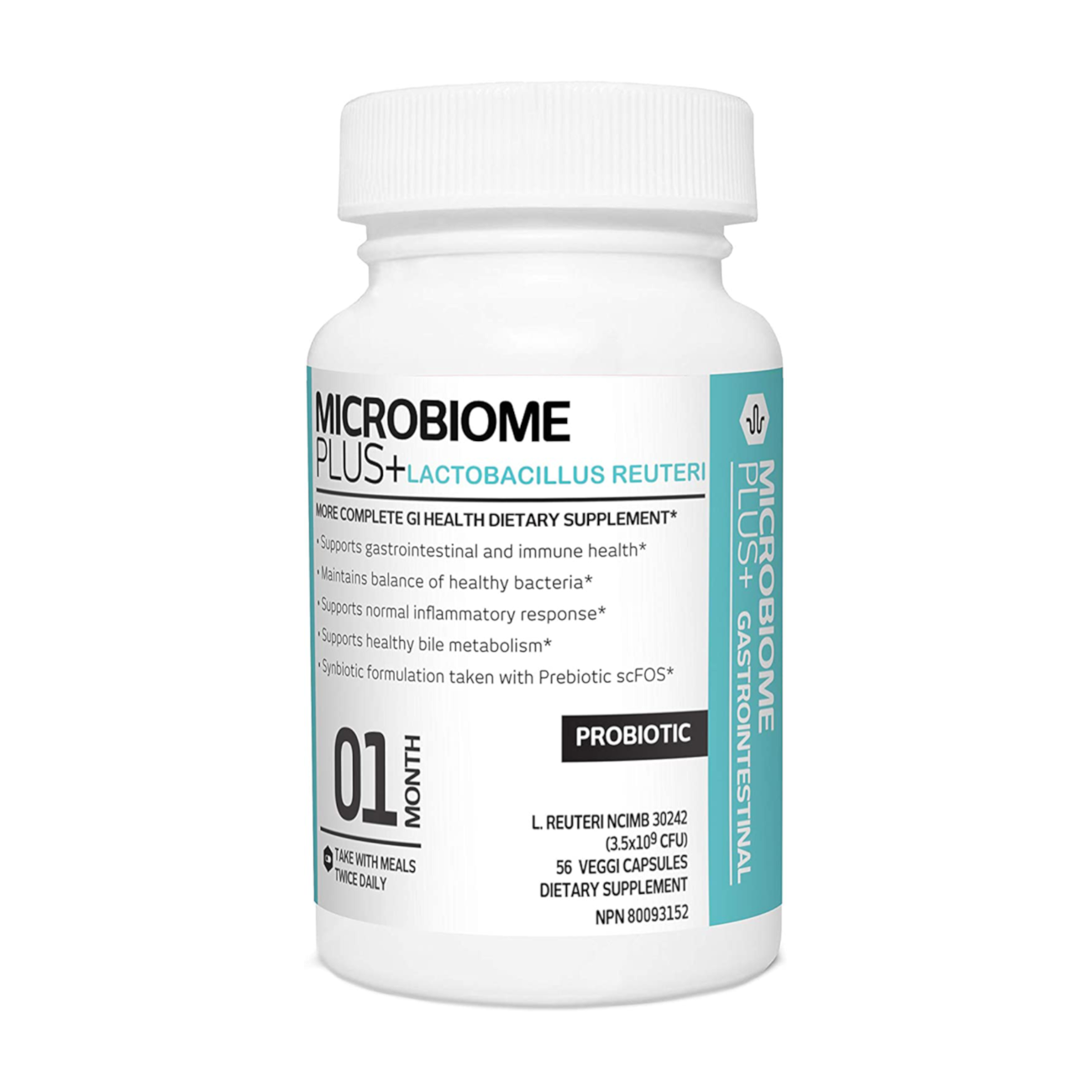What are autoimmune disorders? These are the disorders in which a person’s immune system starts attacking his own body tissues. This is quite the opposite of what an immune system is naturally designed for – i.e. protecting the body from harmful agents. Experts today are extensively studying the link between autoimmune maladies and the disturbed gut microbiome. According to them, normalizing the gut immune response and the unbalanced gut ecology may help against the autoimmune attack in disorders like type 1 diabetes, rheumatoid arthritis, Hashimoto’s thyroiditis, inflammatory bowel disease (IBD) and so on so forth. Here, we’ll explore certain mechanisms that may suggest the benefits of probiotics in autoimmune disorders.
Unbalanced gut Microbiota composition can drive an autoimmune attack
The trigger for an autoimmune disorder may start in the gut itself. Strong evidence exists between an altered gut microbial composition and the onset of an autoimmune disorder.
The rise in the proportion of the bad bugs favors toxin build up that could be a trigger for these disorders. [1] Using probiotics might help with the makeover of the gut microbiome from an off-balanced to a normal state, and thereby help reduce the associated symptoms. [2]
A weak gut lining can trigger an autoimmune disease
Emerging research indicates that majority of the autoimmune diseases share a common culprit hidden in the gut lining. [3] [4]
A protein called zonulin plays a particular role in maintaining the integrity of the gut lining. Damage to this protein increases the gut leakage, which allows the offending agents (not normally allowed) to enter into the bloodstream. Protein molecules are also one of the several offenders. Our immune system starts making antibodies against these offending agents, including proteins that belong to our own body. This eventually sets off an autoimmune insult.
Probiotics repair the gut lining and could halt the progression of the autoimmune insult.
Some good examples explaining the leaky gut association with an autoimmune attack are rheumatoid arthritis and IBD. [5]
Inflammation is a key factor shared by almost all autoimmune diseases
Almost all autoimmune diseases share a common factor, which is inflammation. Moreover, these diseases affect the entire body, including the gut; not to mention important components of the immune system, called lymph nodes. Lymph nodes are bean-shaped organs that play a vital role in the body’s defense against invaders and autoimmune damage.
Experts consider the anti-inflammatory properties of probiotics as being one of the several mechanisms that can help slow down the autoimmune damage. [6]
Hygiene hypothesis could be another possible explanation
According to several experts, hygiene hypothesis could cause the immune system to go haywire. The hygiene hypothesis is the lack of exposure to beneficial gut bacteria or probiotics during childhood. This deficiency subsequently enhances the risk of developing autoimmune disease in later life. [7]
For instance, type 1 diabetes begins in the gut of people who have an inherited susceptibility to diabetes. When a mother has diabetes, her bacterial gut population is probably not harmonious. And the child who acquires most of its microbiome from the mother would also not have a healthy gut microbiome. Sooner or later, this child has an increased propensity towards developing type 1 diabetes.
Lactobacillus and Bifidobacterium may be your go-to probiotics
These are the two bacterial strains most studied for autoimmune diseases. Talk to your doctor if these are safe for your particular condition and will benefit you.
It is worth noticing though that the beneficial effects of probiotics in autoimmune diseases are controversial. That being said, the evidence of recommending probiotics in these diseases is still promising. [4]
Written by:
Dr. Rasheed Huma
References
- Hani Al-Salami, Rima Caccetta, Svetlana Golocorbin-Kon and Momir Mikov (2012). Probiotics Applications in Autoimmune Diseases, Probiotics, Prof. Everlon Rigobelo (Ed.), InTech, DOI: 10.5772/50463. Available from: https://www.intechopen.com/books/probiotics/probiotics-applications-in-autoimmune-diseases.
- Proal AD, Albert PJ, Marshall TG. The human microbiome and autoimmunity. Curr Opin Rheumatol. 2013;25(2):234-40. doi: 10.1097/BOR.0b013e32835cedbf.
- Fasano A. Zonulin, regulation of tight junctions, and autoimmune diseases. Annals of the New York Academy of Sciences. 2012;1258(1):25-33. doi:10.1111/j.1749-6632.2012.06538.x.
- Özdemir Ö1. Any role for probiotics in the therapy or prevention of autoimmune diseases? Up-to-date review. J Complement Integr Med. 2013 Aug 6;10. pii: /j/jcim.2013.10.issue-1/jcim-2012-0054/jcim-2012-0054.xml. doi: 10.1515/jcim-2012-0054.
- Luckey D, Gomez A, Murray J, White B, Taneja V. Bugs & us: The role of the gut in autoimmunity. The Indian Journal of Medical Research. 2013;138(5):732-743.
- Hemarajata P, Versalovic J. Effects of probiotics on gut microbiota: mechanisms of intestinal immunomodulation and neuromodulation. Therapeutic Advances in Gastroenterology. 2013;6(1):39-51. doi:10.1177/1756283X12459294.
- Vitetta L, Coulson S, Linnane AW, Butt H. The Gastrointestinal Microbiome and Musculoskeletal Diseases: A Beneficial Role for Probiotics and Prebiotics. Pathogens. 2013;2(4):606-626. doi:10.3390/pathogens2040606.










